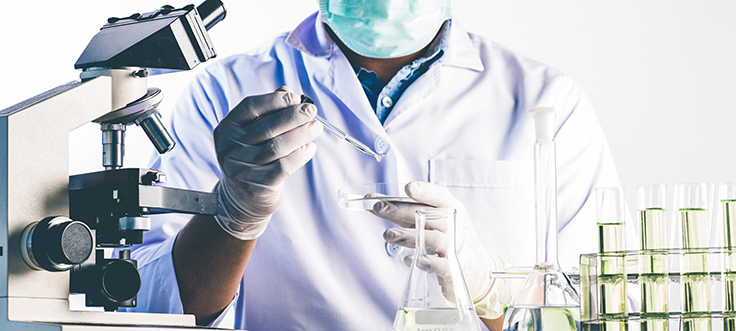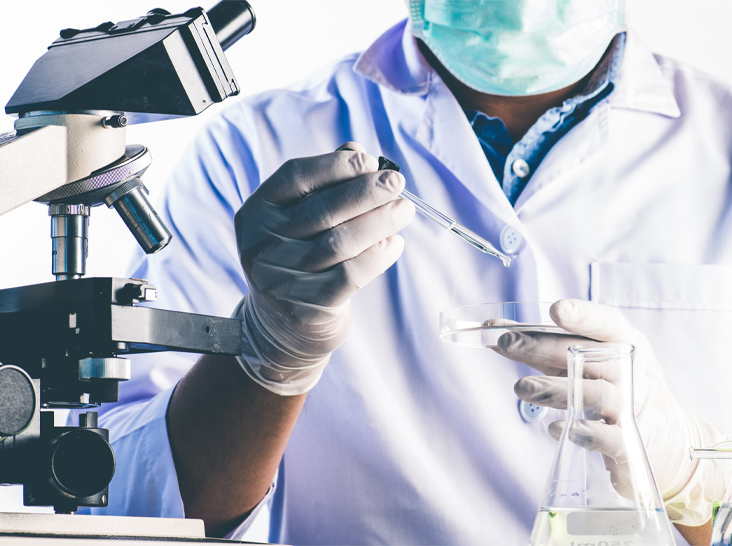Research has established that an antimalarial drug shortens the time the virus remains in the bodies of Covid-19 patients with mild to moderate symptoms.
The results, published early December in the International Journal of Infectious Diseases and International Journal of Antimicrobial Agents, revealed artemisinin-piperaquine (AP) had a therapeutic effect on patients.
It is a combination of drug therapy derived from a Chinese plant, artemisinin, and an antimalarial called piperaquine.
The drug, a fourth-generation artemisinin-based combination therapy, significantly shortened the time to reach undetectable SARS-CoV-2 in the body.
“In patients with mild-to-moderate Covid-19, the time to reach undetectable SARS-CoV-2 was significantly shorter in the AP group than that in the control group,” says the report.
The results showed that within 10 days of taking AP, a similar effect as in the control group would be achieved on lung improvement.
The Chinese drug that is widely sold in private facilities in the country, with the genetic name Artequick, is reported to have a fast and complete oral absorption compared to others in the research.
Dr. Guoming Li, the lead researcher at the Guangzhou University of Chinese Medicine, said the length of the hospital stay was 14 days for the AP group and 30 days for the control group.
“None of the patients progressed to the severe form of Covid-19,” he said.
Administration
The drug that comes in tablet form was developed by Artepharm Ltd, China, under Guandong New South Group and Prof. LI Guoqiao’s team of Guangzhou University of Chinese Medicine.
It is administered orally with a loading dose of two tablets (artemisinin 125 mg and piperaquine 750 mg) on the first day, followed by a maintenance dose of one tablet/day (artemisinin 62.5 mg and piperaquine 375 mg) for the next six days. The total dose is eight tablets in seven days.
Of the 25 patients accepted in the AP group, 23 (92 percent) completed the treatment and were included in the final analysis. The average age of AP group and control group patients was 42.7 years and 45.8 years, respectively.
The mean time to reach undetectable viral RNA was 11 days for the AP group and 21 days for the control group.
“The percentages of patients with undetectable viral RNA in seven days and 10 days were 26 percent and 44 percent in the AP group and six percent and 17 percent respectively in the control group,” states the study.
“When drug doses were completed, positive patients continued to receive symptomatic treatment and met the discharge conditions when two consecutive tests for nucleic acid became negative. All the patients were quarantined for 14-day observation after discharge. The quarantine restriction was lifted if the tests remained negative,” Dr. Li said.
Safety
To assess the safety of AP, the researchers used an ECG (electrocardiogram) to monitor the change before and eight days after treatment in the AP group.
The researchers are planning to test the drug on a larger population to produce an immune response and thereafter seek approval from the regulator.
If approved, the drug will be licensed for use in the treatment of Covid-19 patients with mild and moderate symptoms, though it is currently being used in the country for treating malaria.
Mr. Jim Wu, Regional Director of Artepham Ltd, said that the drug has significantly helped eliminate malaria in high-risk countries.
“The results are promising and we are hoping to enroll the drug to a bigger population. We have seen its usefulness in malaria eradication and the same has since been shown in Covid-19 treatment,” he said

Malaria in Kenya
In Kenya, malaria is the second biggest killer based on the 2020 Economic Survey. Last year, more than four million malaria cases were confirmed in public health facilities in Kenya.
According to the World Health Organization (WHO), an estimated 3.4 billion people are at risk of contracting malaria, and 400,000 die of it yearly.
Despite interventions such as bed nets, indoor residual sprays, treatment drugs, and the recent advent of vaccines, the disease remains a major killer globally.
The drug introduced in the country in 2009 goes for Sh600 for the four tablets in the treatment of malaria.
Researchers are exploring more innovative approaches to help the world eliminate malaria.
“We have applied to the state competent authority for the listing of the drug as a Covid-19 clinical trial treatment,” the researchers say.
Meanwhile, countries are rushing to come up with a Covid-19 vaccine. Already, the United Kingdom has purchased 40 million doses of the approved Pfizer-BioNTech Covid-19 vaccine throughout 2020 and 2021, to ensure an equitable allocation of vaccines across the geographies with executed contracts.
The UK is one of the most adversely affected countries globally, with at least 1.64 million cases and more than 59,000 deaths.
Source: https://nation.africa/kenya/news/antimalaria-drug-can-help-treat-covid-19-study-shows-3222718
By Angela Oketch, Health and Science reporter, Nation Media Group

